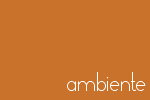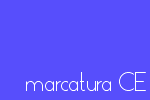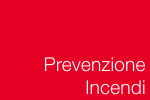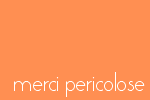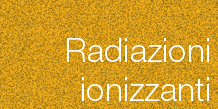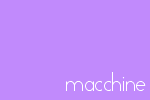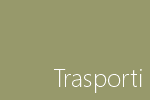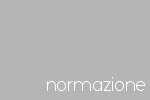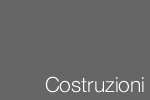
Safe design and operation of on site generation of oxygen 93% for medical use
Oxygen for medicinal use is a prime requirement for all healthcare facilities for both the treatment of patients with respiratory disease and for providing additional oxygen to patients being treated within the facility.
For those hospitals and clinics, where the demand is higher, oxygen is normally distributed throughout the facility using a medical gas pipeline system.
The design requirements for the supply source used to supply medical oxygen to the pipeline system are detailed in the standard, EN ISO 7396-1 Medical gas pipeline systems; Pipeline systems for compressed medical gases and vacuum.
Two different products are included in the standard:
- Medicinal oxygen supplied from liquid oxygen vessels and/or gaseous oxygen cylinders; and
- Oxygen 93 manufactured on-site within the healthcare facility, using an oxygen concentrator unit.
Medicinal oxygen supplied either in cylinders or as a cryogenic liquid, is required to be manufactured by an approved supplier with a manufacturers licence (to demonstrate compliance with guidelines detailed in the European Commission’s Guide to Good Manufacturing Practice (GMP))
Within the European Union, the supplier of medical oxygen is required to hold a marketing authorisation in accordance with Directive 2001/83/EC of the European Parliament and of the Council of 6 November 2001 on the Community code relating to medicinal products for human use, detailing the clinical indications and contraindications and specific warnings for the safe use of the product.
The specification of this medical oxygen is detailed in the European Pharmacopoeia monograph for medical oxygen, which specifies a minimum purity of 99.5% oxygen.
The quality, safety and efficacy of the medical oxygen are ensured by the medical gas supplier through a quality management system under the responsibility of a qualified person.
Oxygen 93 can be manufactured on-site within the healthcare facility, under the responsibility of the healthcare facility pharmacist, using an oxygen 93 supply system and meeting the appropriate and specific quality and safety criteria for medicinal products prepared in Pharmacies (see Pharmaceutical Inspection Convention and Pharmaceutical Inspection Co-operation Scheme Guide PE010-4 Guideline to good practices for the preparation of medicinal products in healthcare establishment).
Oxygen 93 is not being ‘put on the market’, so it currently falls outside the regulation for the manufacture and supply of medicinal product Directive 2001/83/EC.
Oxygen 93 concentrator units are covered by the requirements for CE marking in accordance with the Medical Device Directive, (Council Directive 93/42/EEC of 14 June 1993 concerning medical devices).
The specification of the oxygen manufactured using an oxygen 93 supply system is detailed in the European Pharmacopoeia monograph for oxygen 93, which specifies the oxygen content to be between 90% and 96% and gives appropriate limits and analysis methods of other possible contaminants during the production.
As the oxygen 93 is produced by adsorbing the nitrogen from ambient air, the major contaminant in oxygen 93 is argon, which can be present up to 5%.
When the oxygen 93% monograph was introduced it was stated that the benefits of PSA oxygen (oxygen 93 per cent) are to allow production and supply of oxygen at sites where access for cylinder and liquid oxygen supply is difficult or impossible. PSA concentrators are in use in a number of fields particularly by the military (field hospitals).
The quality of the gas is very much dependent upon the performance of the equipment that produces it.
At the time of preparation of this publication, oxygen 93 is not licensed under a marketing authorisation, thus it is not evaluated by regulatory authorities and thus it cannot be considered as “equivalent medicine” for the oxygen.
EIGA 2015




